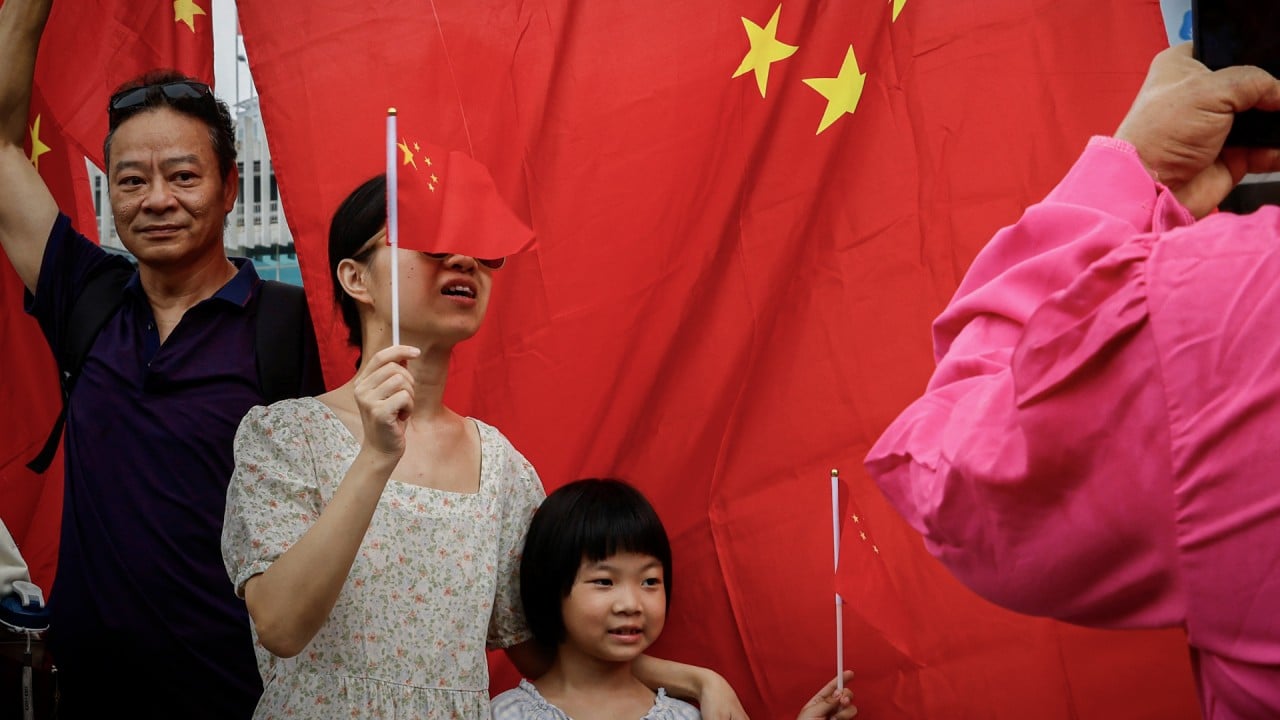At a forum I attended this year, a senior official characterised the promotion of innovation and technology in Hong Kong through the Northern Metropolis project as a last chance for the city, and a battle of life and death. In his latest policy address, Lee gave a clearer outline of how the government will accomplish this mission.
Is physical expansion and consolidation the right formula to drive the higher education sector towards greater innovation? Probably. However, such a plan should come with caveats, considering there have been both success stories and frustrated attempts elsewhere.
More importantly, the university town development plan must recognise the peculiarities of Hong Kong’s university sector and the broad ecology of innovation and technology. In other words, Hong Kong must avoid three traps.
First, designing a university town purely for teaching purposes is neither productive nor suitable for Hong Kong.
It used to be a popular practice for mainland universities to accommodate junior-year undergraduates on the university town campus, before transferring them to the main campus in their senior years. This practice not only increases the hassle and cost of transport, but also hampers efforts to immerse new students in campus life and university culture.
Instead, Hong Kong’s new university town should be a satellite campus shared by a few universities, and geared towards research and development in strategic areas.
When it comes to innovation, physical separation from the main campus actually creates a conducive environment for building up interdisciplinary and transdisciplinary modules beyond university boundaries.
Innovation-driven cocurricular modules and joint degree programmes are trailblazing examples of higher education. The Northern Metropolis university town would offer an excellent opportunity to put them into wider practice.
Second, questions about who gets what and how much are likely to surface soon. The sizeable proposed area of the university town will be attractive to local institutions. But, neither an egalitarian cake-slicing nor a winner-takes-all scenario is desirable. Instead, planning and allocation should hinge on key development strategies and areas of excellence.
Economies of scale and complementarity are good principles to apply. More importantly, the university town must curb unhealthy competition among local universities and emphasise collaboration and synergy from day one.
Hong Kong’s colour is fading while Singapore and Shenzhen shine
Hong Kong’s colour is fading while Singapore and Shenzhen shine
When physical co-location is matched with smart policy design, the chemistry will happen naturally. The concept of a sharing ecosystem – labs, networks, resources – should be embedded in the master plan and operational design of the university town, which would be a unique higher education hub without boundaries.
A collaborative governance framework involving various stakeholders – universities, donors, government authorities and industry – would be a promising model for promoting interuniversity cooperation.
Third, a highly vibrant university town must not become a town for local universities only. The rapidly changing landscape of innovation and technology inherently requires a global vision. Partnerships with the world’s best will put Hong Kong at the forefront of global innovation and technology.
The generous land grant, state-of-the-art infrastructure, supportive policy provision, and geographic proximity to mainland China will give the North Metropolis powerful advantages in forging close alliances with big players in the global arena. The NUS-Duke Medical School is one example Hong Kong may refer to.
Good universities in contemporary society are no longer merely educational enterprises; they can also be powerful magnets to attract talent, resources and opportunities. Clustered together in a synergistic way, Hong Kong universities have the potential to accelerate innovation and development in the years to come.
Alex He Jingwei is acting director of the Institute for Public Policy at the Hong Kong University of Science and Technology

